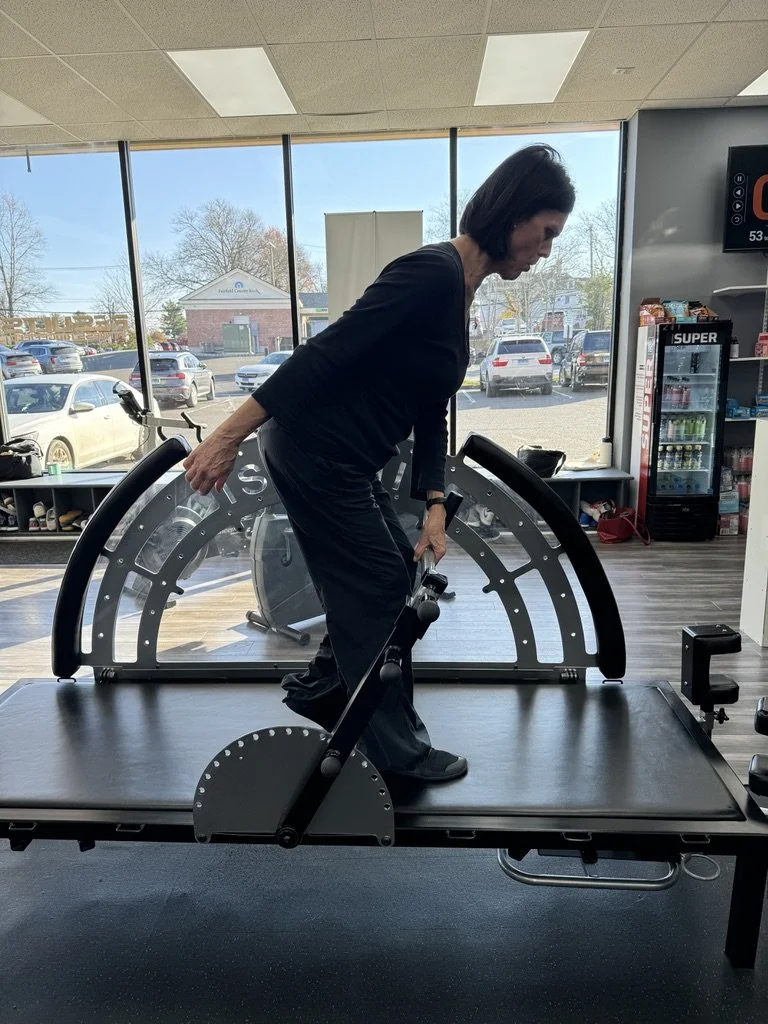Why You Feel Tight Even After Stretching
By JP Mikhael
Mobility | Recovery | Performance
If you stretch every day but still feel tight, you’re not alone. Most people think tight muscles need more stretching — but the truth is, tightness is usually your body’s way of protecting something weak or unstable.
Tightness Is a Signal, Not the Problem
Your body is smarter than you think. When it senses instability around a joint, it creates tension to keep you safe.
That “tight” hamstring or hip isn’t the issue — it’s a warning sign that another muscle isn’t doing its job.
When stabilizing muscles underperform, your brain tightens nearby muscles to limit movement. Stretching those areas without addressing the weakness removes the body’s protection and often makes things worse.
Why Stretching Doesn’t Fix It
Stretching temporarily increases range of motion by lengthening muscle fibers, but it doesn’t teach your nervous system how to control that new range.
So your body does what it’s designed to do — it tightens back up to restore protection.
That’s why you feel loose after yoga or foam rolling… for an hour. Then the tightness returns.
The problem isn’t flexibility — it’s muscle activation and control.
The Smarter Solution: Restore Activation First
To fix chronic tightness, you need to restore proper communication between your muscles and nervous system.
That’s exactly what Muscle Activation Techniques (MAT) does. It finds the weak, underperforming muscles causing the tension and re-activates them through precise testing and stimulus.
Once the stabilizing muscles are re-engaged, your body no longer needs to create protective tightness — movement becomes smoother, lighter, and pain-free.
How to Build Lasting Flexibility
Long-term mobility comes from combining three key elements:
✅ Activation: Turn the right muscles back on so your joints feel supported.
✅ Isometric Strength: Use ISOPHIT to build strength in end ranges safely.
✅ Controlled Mobility: Reinforce stability with functional strength training.
Together, they retrain your body to move freely and stay protected.
Who This Helps Most
People who stretch constantly but never feel loose
Clients with recurring tightness in the hips, hamstrings, or shoulders
Athletes who lose mobility after heavy training
Anyone seeking long-term relief instead of temporary fixes
“I used to stretch every morning just to feel normal. After one MAT session, my hips felt free — and I didn’t need to stretch for days.”
— Pete C, Ridgefield CT
The Bottom Line
If your body keeps tightening up, it’s not being stubborn — it’s protecting you.
Before you stretch again, ask what your body is trying to tell you.
When you restore activation and strength, you gain flexibility that actually lasts.
Stop Stretching. Start Activating.
Call 203-438-8771 to schedule your Muscle Activation Techniques Assessment and discover how to move freely again.

